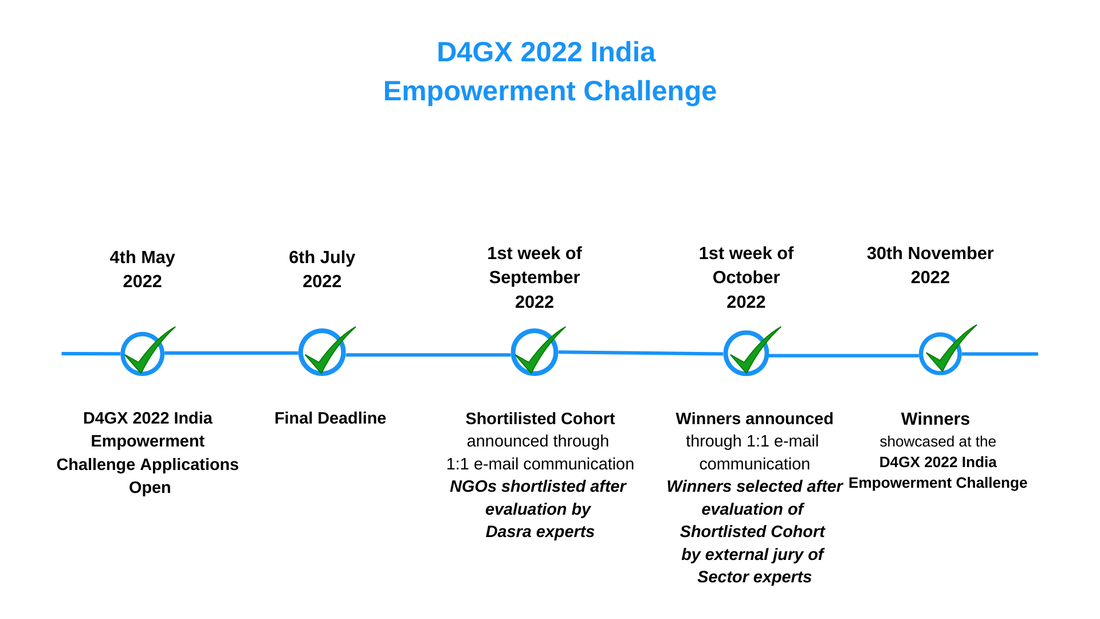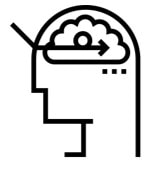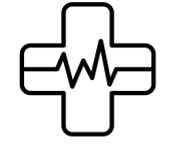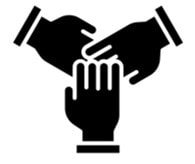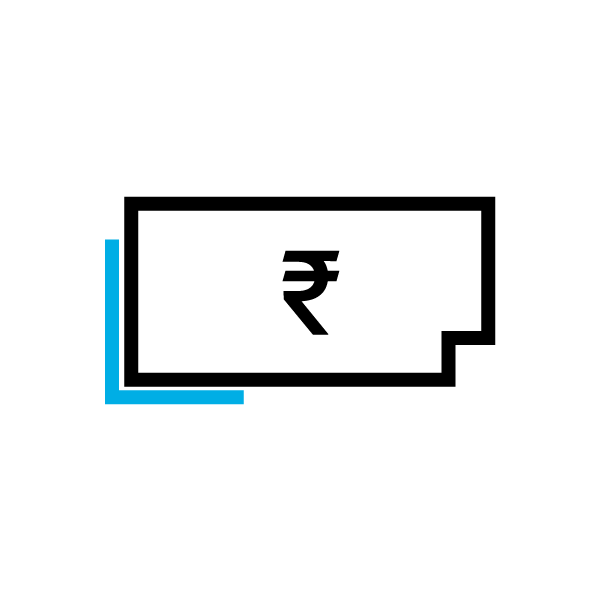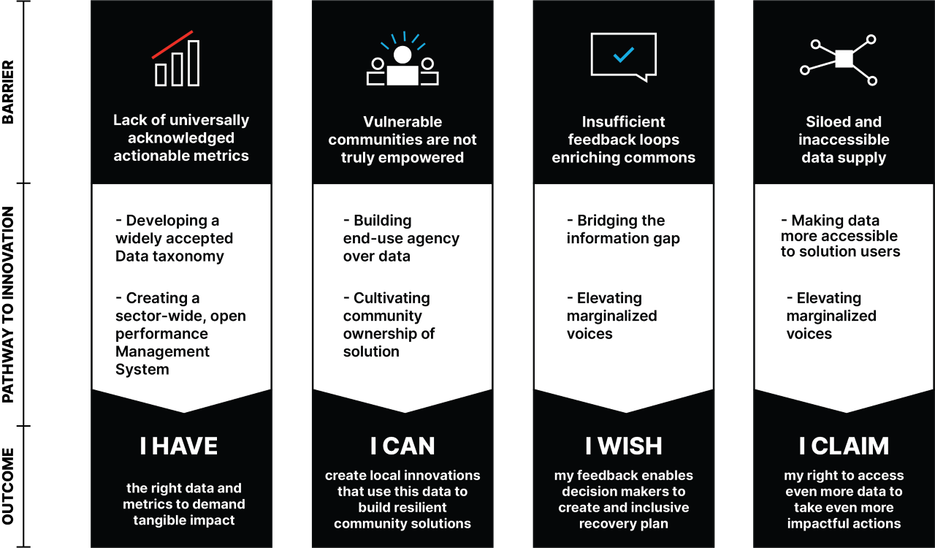The D4GX 2022 India Empowerment Challenge
Dasra, in partnership with Bloomberg, Societal Platform, Stanford PACS and Bill & Melinda Gates Foundation are hosting a series of events under the Data for Good Exchange (D4GX) 2022 India with the aim of enabling data agencies for India's most vulnerable communities
As India recovers from the pandemic, we want to ensure that this effort to rebuild leaves no one behind, especially the most marginalized.
Through the overwhelming amount of applications for the D4GX Empowerment Challenge received last year – it is evident that there are many innovative and scalable solutions with data being their cornerstone, and these solutions can effectively be used to empower the most vulnerable.
Hence, we are launching the D4GX Empowerment Challenge 2022 – as the search 2.0 begins for solutions which use data to create exponential change, while making vulnerable communities resilient.
Let’s come together and rewrite the narrative around data, while adopting a GEDI (Gender, Equity, Diversity, Inclusion) lens.
Through the overwhelming amount of applications for the D4GX Empowerment Challenge received last year – it is evident that there are many innovative and scalable solutions with data being their cornerstone, and these solutions can effectively be used to empower the most vulnerable.
Hence, we are launching the D4GX Empowerment Challenge 2022 – as the search 2.0 begins for solutions which use data to create exponential change, while making vulnerable communities resilient.
Let’s come together and rewrite the narrative around data, while adopting a GEDI (Gender, Equity, Diversity, Inclusion) lens.
Non-profit organizations having early-stage innovations, that fall into the thematic tracks listed below:
Data to Enable Learning to Livelihood
|
The pandemic gave a huge setback to the state of education. School closures meant that students from diverse backgrounds who are most in need of education are amongst the least likely to receive any services, further widening the gap of education for vulnerable communities.
This calls for conversation and action around (indicative list): - How can reliable and dynamic data be made accessible to all stakeholders including youth, employers and school systems, for the school-to work transition? - Can civil society help in defining key performance indicators within the education system, which are mandated by regulatory action for reporting and review? - How can data be used to improve learning outcomes and build capacities to generate livelihood opportunities by creating an open ecosystem for data-based collaboration? |
Data to Enable Health
|
India suffers from significant disease burden, ranking #1 globally for diabetes and tuberculosis, and a growing incidence of non-communicable diseases. Barriers in accessing health information and poor service delivery results in loss of life across preventable diseases.
Vulnerable populations face relatively high health risk factors leading to greater health expenditures and a life of indignity. Many ordinary Indians are not able to access the health care they need. This calls for conversation and action around (indicative list): - How can communities drive local solutions to health problems by co-opting data at an individual level? - Can data insights build better linkages between government and vulnerable communities enabling better governance and access to health entitlements? - Can common health research dissemination platforms democratize access to healthcare expertise and reduce the inequity in accessing affordable services, especially for preventable diseases? - How can data help healthcare become more accessible and affordable? |
Data to Enable Urban Sanitation
|
India is not equipped to take care of the sanitation needs of its ever growing urban population. Current realities state that over two-thirds of the 60 million households in urban India don’t have access to safe and adequate sanitation – the communities in these households, as well as the sanitation workers who deliver these services are economically marginalized, reside in urban slums, and are thereby relegated to a poor standard of urban services, including sanitation.
This calls for conversation and action around (indicative list): - How can data solutions help fill the gaps in robust service delivery of sanitation as service to the most marginalized (urban poor, migrants) and the vulnerable (women, trans people, people with disabilities)? - How can data help improve the availability and access of essential services in cities? |
Data to Enable Community Resilience (Rural & Urban)
|
India’s health and environment emergencies have helped reiterate an urgent need for innovative solutions solving for the resilience and empowerment of communities in urban and rural areas. It is evident that elected local governments, citizens, and technology can work together as they did to tackle the spread of COVID-19, to build communities which are better equipped to handle emergencies, and also feel empowered in their day-to-day life.
This calls for conversation and action around (indicative list): - How can data help improve ease of living and quality of life (including safety) in urban and rural areas, and providing better services to citizens? - How can data empower communities to demand implementable smart responses (climate)? - How can data be used to strengthen governance through capacity building? - How can data be used to improve feedback mechanisms between citizens and elected government representatives? |
